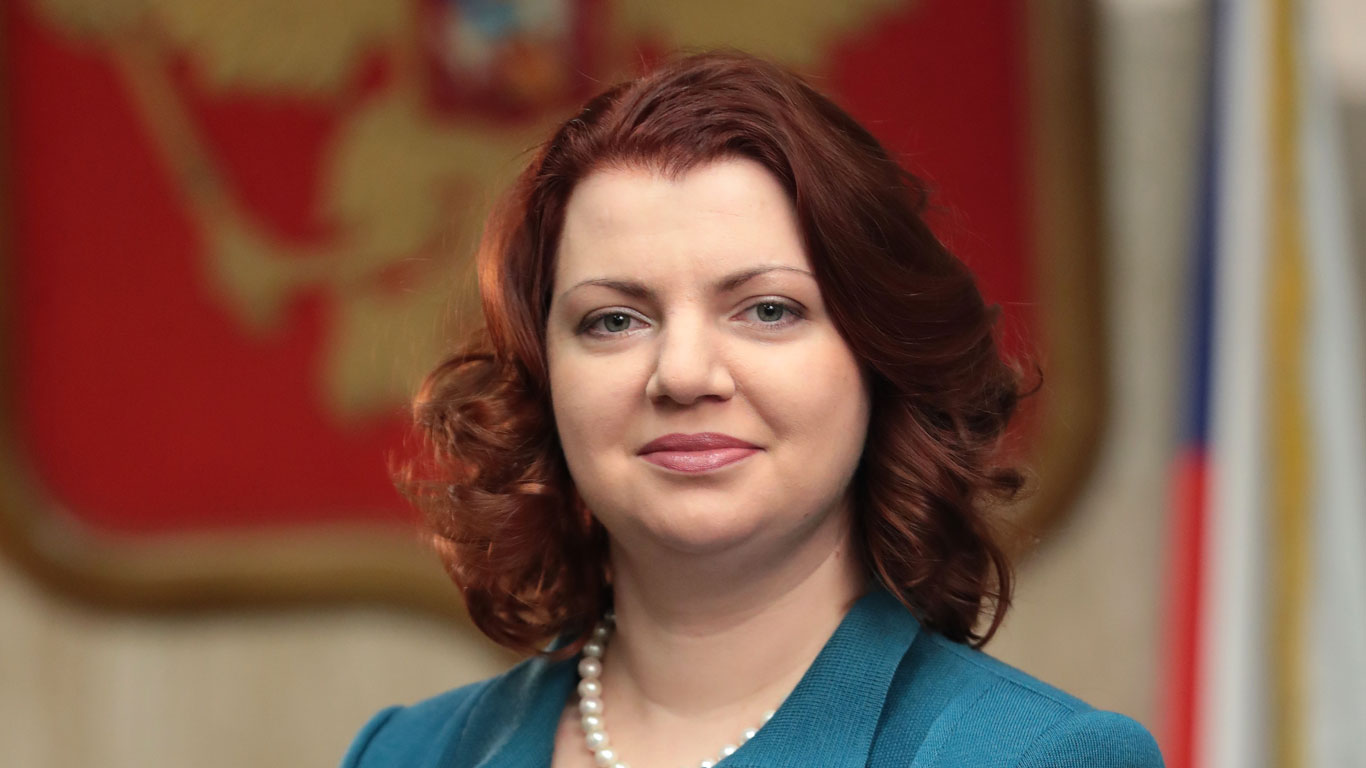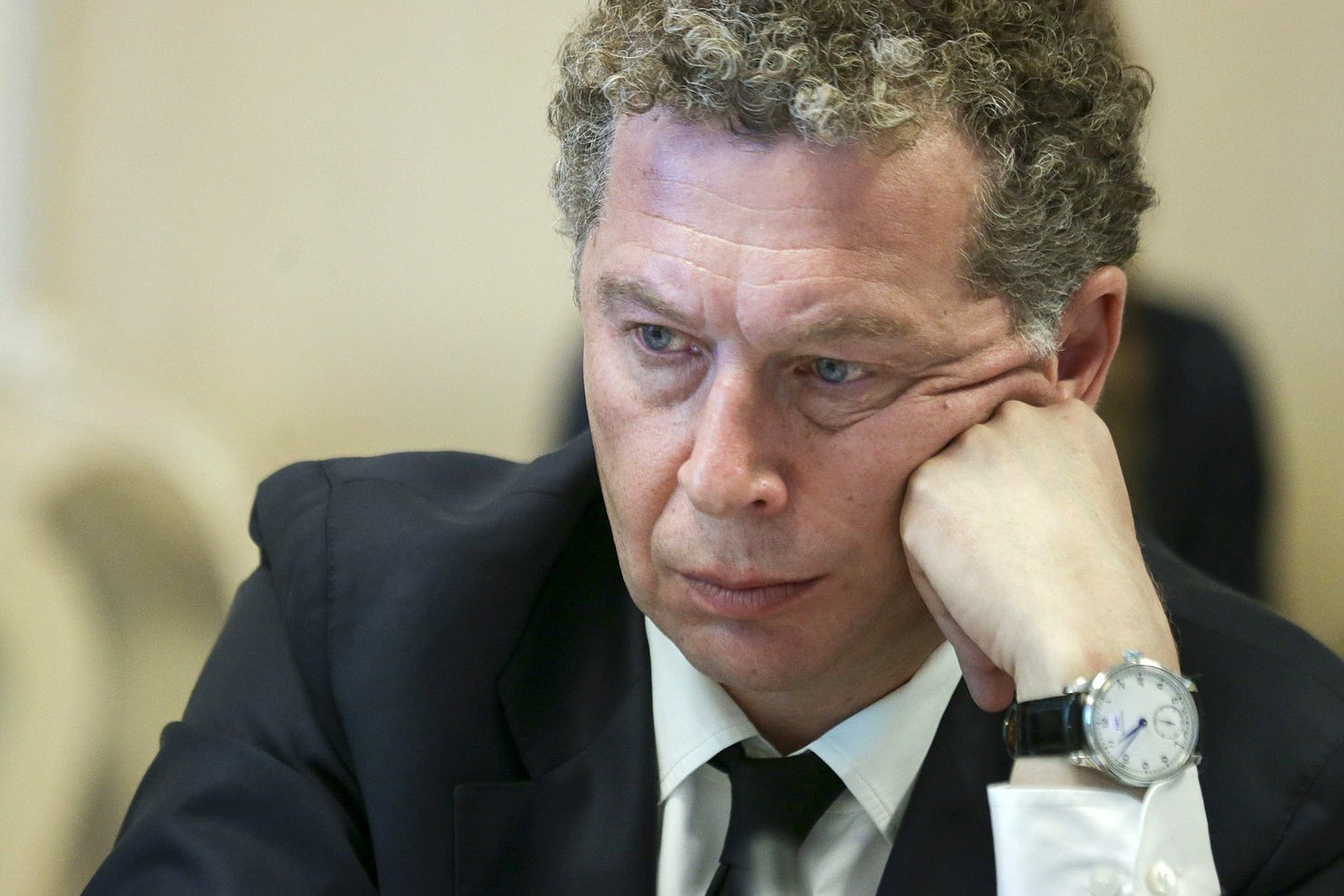As a source told Rucriminal.info, the project to “absorb” the property of the shareholders of the ChEMK group was called “Scarface” by the Federal Tax Service of the Russian Federation. It was ChEMK and two ferroalloy plants that gave no rest because they were truly a tasty morsel. ChEMK's share in the production of ferroalloys in Russia was more than 75%. The uniqueness of ChEMK plants was in their well-established cash flow, established connections and processes, as well as in the production of manganese, silicon and chromium ferroalloys. There were simply no comparable assets.
The flagship JSC "Chelyabinsk Electrometallurgical Plant", its Serov Ferroalloy Plant and Kuznetsk Ferroalloys, as well as the Katav-Ivanovsky foundry, "Metaglomerat" and mines (hereinafter - CHEMK) belonged to the group "Ural-Siberian Metallurgical Company" of the Aristov and Antipov families among a number other assets, including a large agro-industrial holding (Agrofirm Ariant), beverage production (Kuban Wine, Chateau Taman, Vysoky Bereg, Aristov) and a wide variety of real estate.
Aristov and Antipov once occupied 196 and 197 places in the ranking of the richest businessmen in Russia according to the Russian edition of Forbes. When dividing the business in 2020, an agreement was established between the Aristov and Antipov families that the Antipovs would retain the mining and metallurgical assets of the group, the Aristovs would retain the agro-industrial assets and a pledge of shares for the difference in the value of the assets.
As a source told Rucriminal.info, at the Federal Tax Service, the Deputy Head of the Transfer Pricing Department of the Federal Tax Service Alexandra Kadet, Igor Pokidko, was in charge of CHEMK. In 2018, the training center received a response from Canada, in 2019 - from the USA about foreign companies associated with the Antipovs. Most of all, Pokidko was infuriated by the huge foreign house of the Antipovs - he just “couldn’t eat, I felt such hostility” (c).
The training center sent several requests to MI Federal Tax Service No. 5, which specialized in metallurgists, so that they would do its work: provide a detailed report on the use of information received from foreign tax authorities (this is really funny)); established whether the taxpayer’s obligation to provide notifications of controlled transactions was fulfilled. This information and even more can be found in abundance in the AIS, but Pokidko is not like that.
To collect a good evidence base, you need mental agility, analytics, infused with experience and painstaking manual labor. And Pokidko received the position of deputy of the Tax Service because he was close to the deputy head of the Department for Largest Taxpayers of the Federal Tax Service of Russia, Chistyakova, a relative of the deputy head of the Federal Tax Service, Shepeleva, and essentially served as a spacer between the servants and the decision makers.
MI Federal Tax Service No. 5 sent threatening requests to three directors of ferroalloy plants to clarify controlled transactions and sternly threatened with a fine of as much as 5,000 rubles, and also gave a piece of Pokidko’s work to the Federal Tax Service of the Chelyabinsk region, which, in turn, gently asked the Antipovs to talk about participation in foreign companies, to submit a declaration on the income of individuals 3NDFL (this is also funny, but not because the declarations should be in the AIS ) and fumbled something over the phone. CHEMK sent (crossed out) a neutral response to the Federal Tax Service MI No. 5 and most likely overpaid the Federal Tax Service for the Chelyabinsk region. Why show your cards if the Federal Tax Service doesn’t really have anything?!
The Federal Tax Service only had responses from Canada and the States about the companies RFA International and its Swiss branch RFAS, as well as the names of companies registered in the Virgin Islands. No tonnage, no more or less complete list of affiliates through whom, where, when and in what volumes payments were made not only to the above companies. There was no significant fact and was not expected. After it became clear that no one was eager to do the work for Pokidko, Alexandra Kadet decided to push the case to the Head of the Legal Department, Zvankov.
Who advised to optimize taxation? For example, this is PriceWaterhouseCoopers PricewaterhouseCoopers. Agrofirm Ariant paid PwC for tax consulting services.

What remains of PricewaterhouseCoopers is now called “Trust Technologies”. This is the same PriceWaterhouseCoopers, which year after year rewarded its beloved solvent clients in a committee specially created for this trust process at the Russian Union of Industrialists and Entrepreneurs for how to pay less taxes, for tax optimization, for how well beloved solvent clients manage cross-border transactions – subject of A. Cadet. “Everything for money” (c)
In 2022, Ekaterina Lazorina quickly left PwC, her place was taken by the happy Yana Zoloeva. “Technologies of Trust” understand what such technological flexibility can entail. Suddenly the information gets to the FRC, PCAOB. Justify yourself later, pay the fines - brr!
It’s no secret that the average salary of a tax officer is 18 – 60 thousand rubles damn life is very boring and alarming. It was Alexandra Kadet who “had a good life”, receiving a million a month plus financial assistance from the Federal Tax Service, as well as her mother, Rusakova, who received a salary from the state institution “Financial University under the Government of the Russian Federation”, but paid for 5 million rubles and medical insurance for her PriceWaterhouseCoopers PriceWaterhouseCoopers. Will PriceWaterhouseCoopers pay for your health insurance? No! There is another interesting “tax” old lady on donations PriceWaterhouseCoopers PricewaterhouseCoopers - more about her some other time.
Donations, donations, tax acrobats... For example, the king of government procurement of the pharmaceutical market, Boris Shpigel, openly donated to Federal Tax Service Inspectorate No. 13 in Moscow. Rosfinmonitoring knew about dozens of affiliated technical services, including in Smolensk, and withdrawals of funds national projects to offshores, and the Federal Tax Service No. 13 and the auditor PricewaterhouseCoopers PricewaterhouseCoopers nicely covered up the VAT paid by Biotek.

Here’s another interesting thing: from the same IP address, declarations were submitted by the Federal Tax Service No. 26 for Moscow, the Federal State Institution “Central Polyclinic” and LLC “MEDHOLDING” - the Mamut company, closed to the Cyprus offshore A&NN INVESTMENTS LIMITED. In the 20s of the current century, having become disillusioned with many areas of business, Mamut decided to engage in improving medicine.
The attentive reader will realize that it is, in principle, impossible to submit returns from the same IP address with the tax office. Tax officials protect their information base - AIS - with blood, tears and other substances. It is almost impossible for a tax officer to access the Internet from a work computer. To send a declaration from one IP address, you need to be in the coverage area of this IP address and be “Chained by one chain, Connected by one goal” (c). So, who came to visit whom?
According to a source from Rucriminal.info, declarations from the same IP address were submitted by the Federal Tax Service Inspectorate No. 4 in Moscow and the technical technician of MEDIANNA LLC, the founder of which was listed for some time as Mamut’s right hand, Ermakov, who was affiliated with more than three dozen of Mamut’s companies, including including offshore and offshore-linked companies, a charitable foundation and clearly technical companies created for the purpose of deliberately distorting the tax base. A little more and Nadezhda Ermakova would have become equal to the dashing old women - nominal women from Cyprus, on whom dozens of companies hang.
They say that it is now impossible to determine shared IP addresses. Rejoice, tax payments, in order not to expose their outrageous people, the tax authorities decided to close the shop. There will now be less evidence of affiliation and interdependence.
And who advised Mamut to optimize taxation? And, for example, these are again those who can no longer be called PriceWaterhouseCoopers PricewaterhouseCoopers, but should be called “Trust Technologies”. In 2020 alone, A&NN MEDICAL paid more than 9 million rubles for consulting services.
The UTC reports to Yulia Vyacheslavovna Shepeleva, who was the second person in the Federal Tax Service in terms of concentration of power. Shepeleva was appointed on January 24, 2020 by Mishustin as deputy head of the Federal Tax Service. It was Shepeleva who was always called the first candidate to replace Egorov when he moved to the Ministry of Finance to replace Siluanov. Shepeleva controls the activities of key departments of the Federal Tax Service and at the same time is extremely careful. It’s no wonder there was such a powerful career leap from a graduate of the Kuban State Agrarian University to “Mishustin’s man.” In 2021, Chistyakova, a relative of Shepeleva, with whom bread baker Igor Pokidko had an office romance, will be transferred to the department for major taxpayers, with clear prospects. It was Pokidko who foolishly revealed the customers of ChEMK, meaningfully rolling his eyes and howling about the “High-Flying Bird.” I wanted to add at least a little respectability to myself - it’s clear.
In 2020, MI Federal Tax Service No. 6 (specialized in the largest taxpayers) sent to the training center an on-site inspection report of Yenisei TGC (TGC-13) JSC, which contained conclusions about violations of tax legislation with transactions with affiliated foreign entities. Allegedly, TGK-13 deliberately underestimated the tax base for income tax due to the unlawful inclusion of the amount of bill interest on its own bills as part of non-operating expenses, which led to non-payment of corporate income tax in the amount of more than half a billion rubles. The report contained a lot of things, even in excess: the issue of own bills of exchange to affiliated offshore companies in 2010; establishment in 2010 of the Cyprus offshore Power Assets Investments Ltd with the inclusion in its authorized capital (2000 shares with a par value of 1 dollar) of the listed shares of OJSC Krasnoyarsk Hydroelectric Power Plant (with a market value of at least 150,000,000 US dollars), which is bingo! went bankrupt in 2015 and much more.
Nevertheless, “a decision was made,” which was clearly articulated by Chistyakova and then second deputy Kadet - Smotritskaya, that there are no negative consequences for the Russian budget from the tax acrobatics of TGK-13. All, those who even slightly doubted the absence of negative consequences, or saw this matter, were removed.
Remember, children! You can deposit shares of a public company worth $115 million into the management of a Cyprus offshore blotter with a par value of $2,000, and then bankrupt this blotter. You can pass your bills on to your own companies, taking cash out of them, and at the same time understate the tax base for income tax under the article “non-operating expenses” in the amount of bill interest on own bills. And when tax payments are pressed because the Unified Tax Service mechanism is not working, this is tax control.
The cadet is still thriving in the Federal Tax Service. Here: Cadet complains that evil “unfriendly” and sometimes “friendly” countries refuse to send her information about foreign assets and bank accounts of Russians.
02/14/2023 The EU Council included Russia in the list of countries that do not meet international tax management standards. They clearly knew something...
Timofey Grishin
To be continued
Source: www.rucriminal.info

